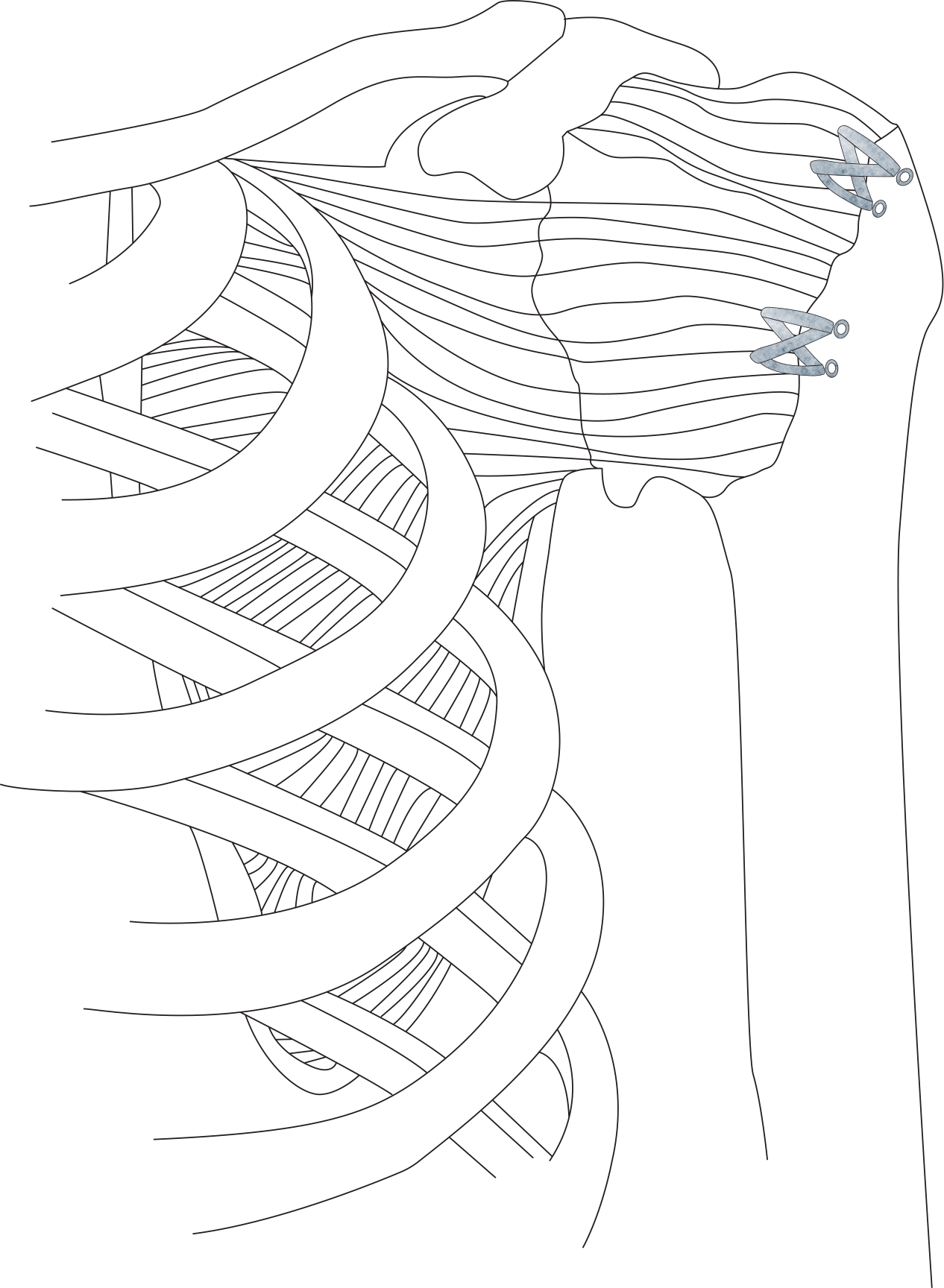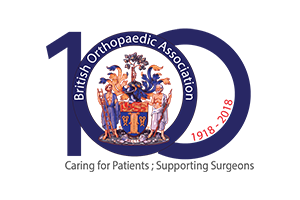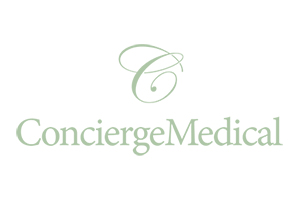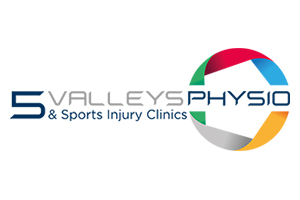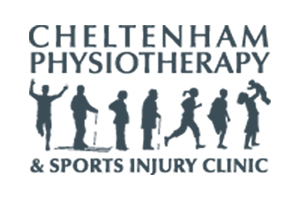If the rotator cuff tendons have torn off their attachment to the bone on the humerus repair may be required.
This surgery can be performed as an open or arthroscopic repair. The arthroscopic surgery involves the latest techniques for rotator cuff repair and is as successful or more so that the open rotator cuff repair. The arthroscopic technique avoids the need for a large incision and the post operative pain and discomfort following the arthroscopic procedure is consequently considerably less than the open procedure. The need for an open surgery scar is also avoided.
Mr Peter repairs all rotator cuff tears arthroscopically.
Whether the rotator cuff repair is performed open or arthroscopically the shoulder needs to be rested following the surgery and typically patients are immobilised in a sling for 6 weeks. The reason for the period of immobilisation in the sling is that the tendon needs heal to the bone. Sutures are used whether an open or arthroscopic procedure is performed to tie the tendon back down onto the bone. The sutures can be broken or they can pull out from either the bone or from the tendon if the shoulder is over used. Strength does not return to the shoulder until the tendon starts to heal back onto the bone. This typically takes 6 weeks for significant healing to occur.
Arthroscopic surgery involves the use of anchors which are screwed into the bone. These anchors have sutures attached to them which are then passed with specialized instruments through the rotator cuff tendons. As this is occurring the surgery is being watched on a small video camera inserted into the joint. Once these sutures are placed through the tendon, the tendon is tied back down in contact with the bone.
The most modern techniques involve double row repairs. This is when two rows of anchors are used to securely reattach a footprint of tendon onto a large surface area of bone. This then allows for healing to occur over a greater area and potentially for a stronger healing process.
